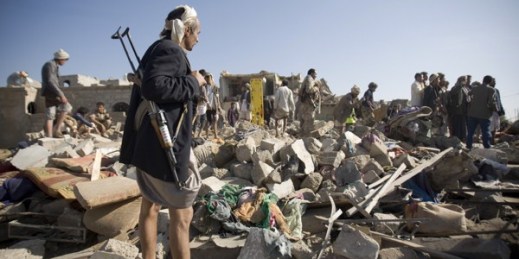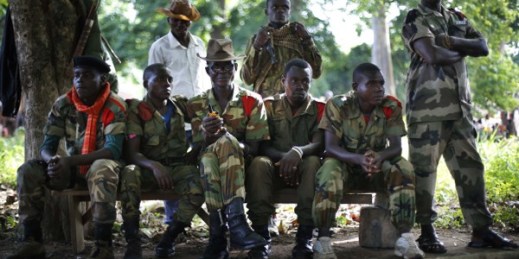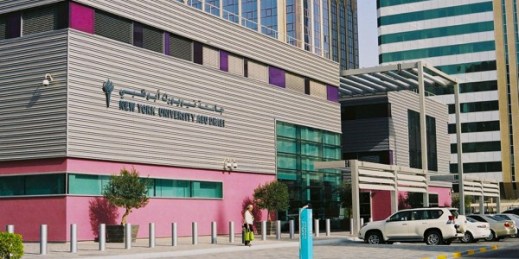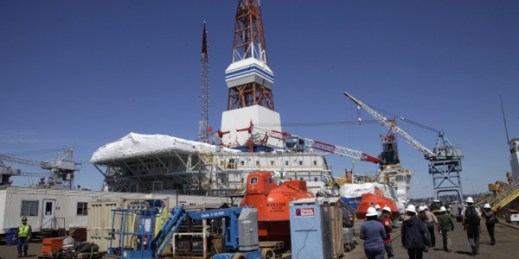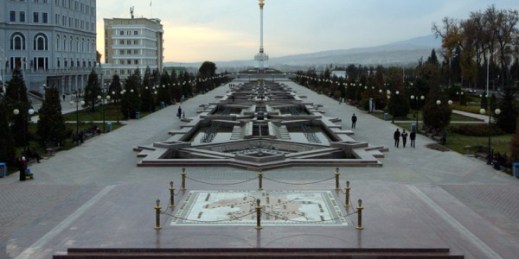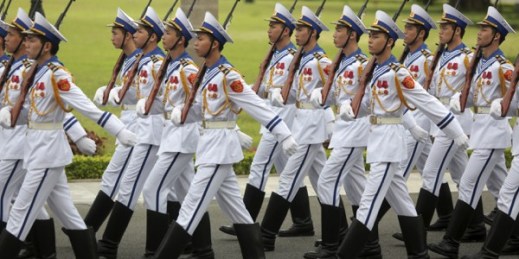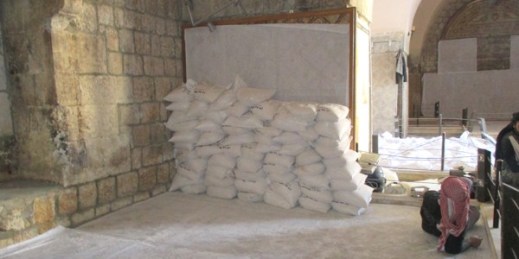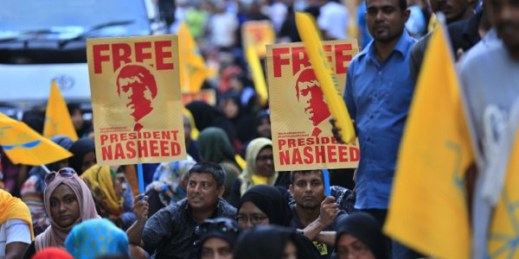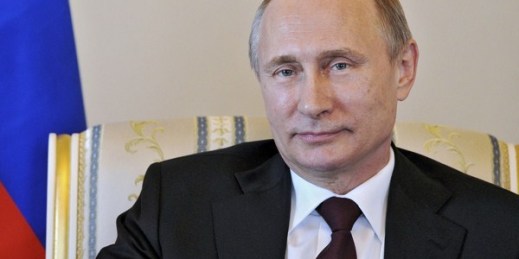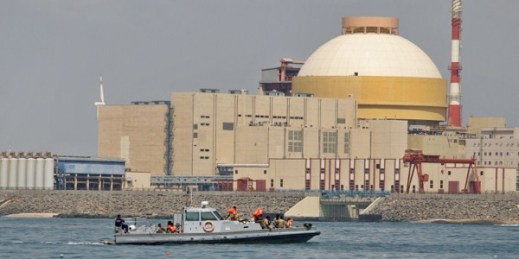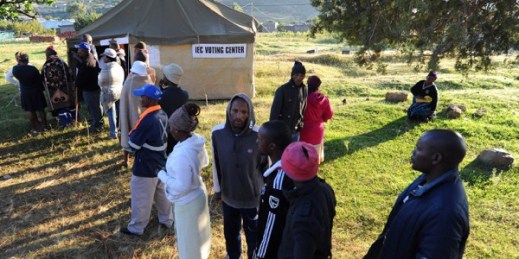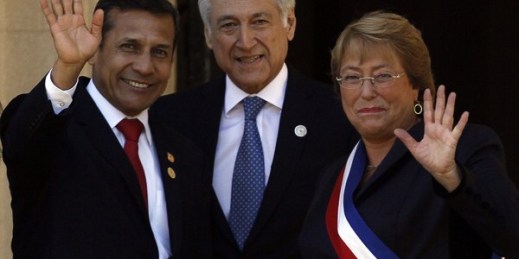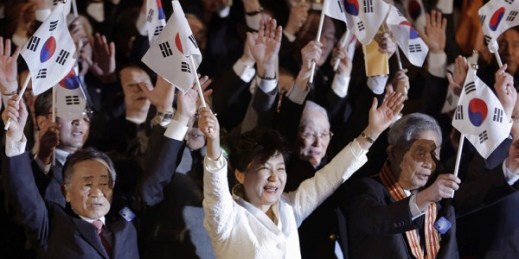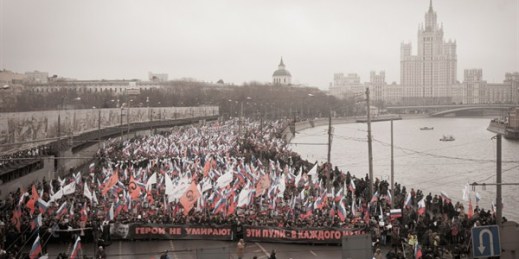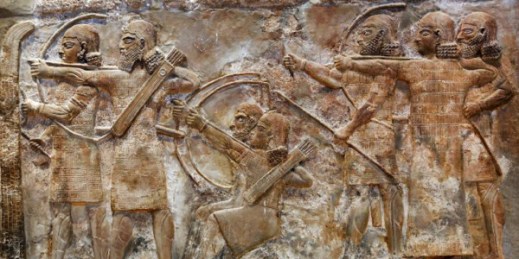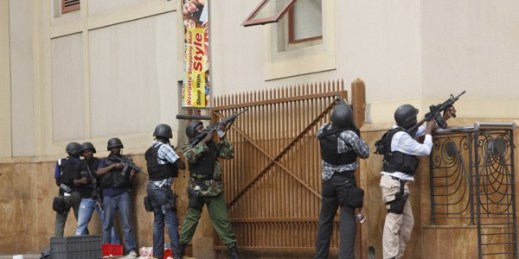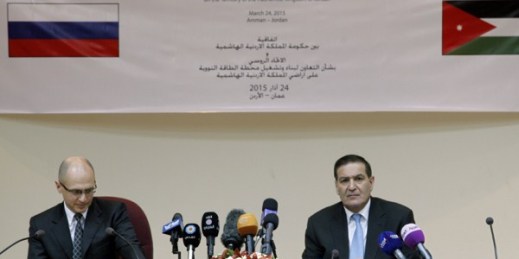
Last week, Jordan signed a $10 billion deal with Russia to build its first nuclear power plant. In an email interview, David Schenker, director of the program on Arab politics at the Washington Institute for Near East Policy, discussed Jordan’s nuclear energy policy. WPR: What are Jordan’s current power needs, how does it meet them, and how are they projected to change moving forward? David Schenker: Jordan has 3,380-megawatts (MW) of installed electricity-generation capacity—by comparison, Israel has 14,000-MW—but will need to boost this number significantly to meet growing domestic requirements. Rapid increases in the kingdom’s population—including 1 million Syrian refugees—as […]

